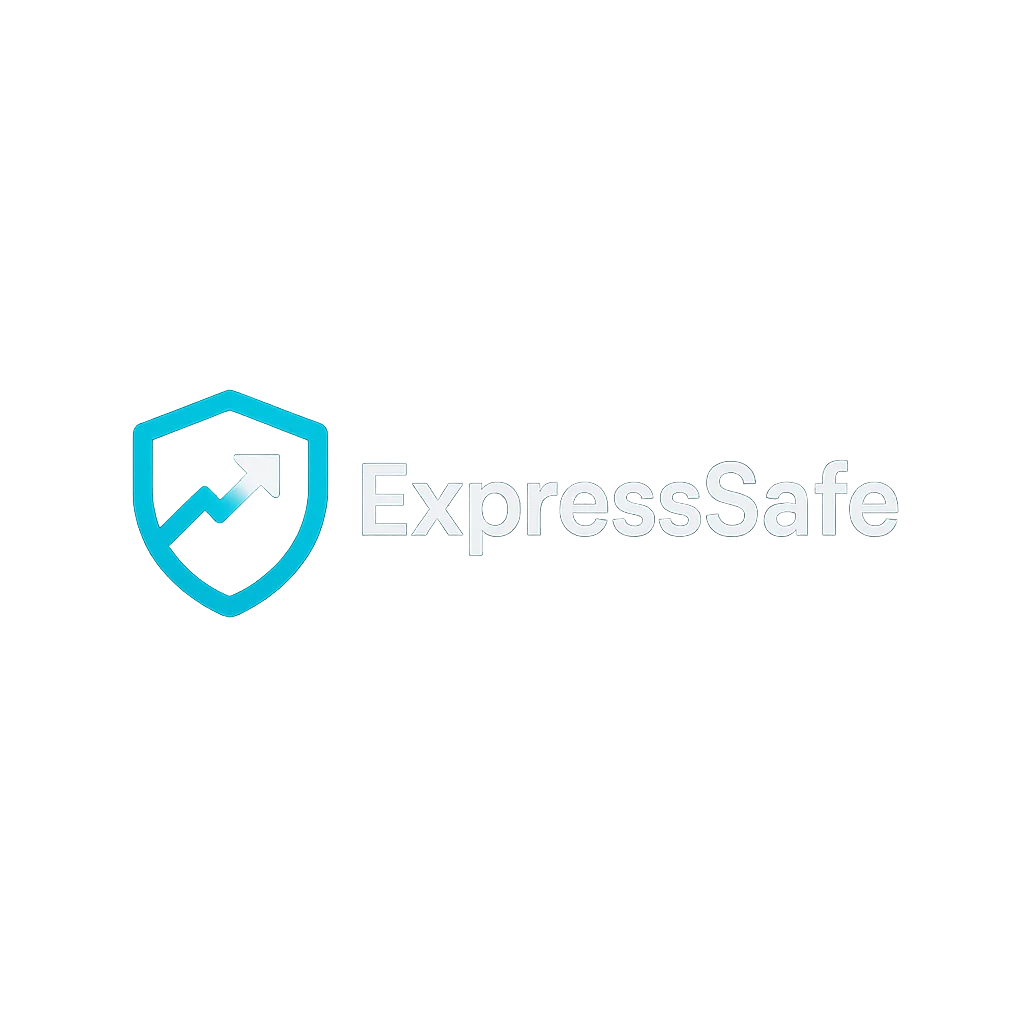Table of Contents
- Introduction: Why Reliable Financial Guides & Resources Matter
- Top Money Management Guides for Beginners and Experts
- Comprehensive Investing Resources to Grow Your Wealth
- Essential Budgeting Tools and Apps for Every Lifestyle
- Tax Resources and Guides to Maximize Your Refunds
- Credit Score Improvement and Monitoring Tools
- Personal Finance Books and Online Courses Worth Your Time
- Free vs Paid Financial Resources: What You Should Use
- Community Forums and Financial Advice Platforms to Join
- How to Evaluate the Credibility of Financial Resources
- Incorporating AI and Technology in Your Financial Learning
- Staying Updated: Best Websites and Newsletters for Finance
- Actionable Steps to Use These Resources Effectively
1. Introduction: Why Reliable Financial Guides & Resources Matter
In today’s fast-paced financial landscape, having access to accurate, trustworthy, and up-to-date financial information is more important than ever. Whether you’re planning your first budget, investing your savings, or preparing your taxes, the right guides and resources can make the difference between financial success and costly mistakes.
2. Top Money Management Guides for Beginners and Experts
- Step-by-step budgeting methods: zero-based, envelope system, 50/30/20 rule.
- Guides on building emergency funds and managing debt.
- Strategies for automating savings and bill payments.
3. Comprehensive Investing Resources to Grow Your Wealth
- Beginner guides for stock markets, ETFs, and mutual funds.
- Advanced strategies: options trading, real estate investment trusts (REITs), and cryptocurrency basics.
- Tools for portfolio tracking and diversification analysis.
4. Essential Budgeting Tools and Apps for Every Lifestyle
- Apps like Mint, YNAB (You Need A Budget), PocketGuard, and Personal Capital.
- Features: expense tracking, goal setting, bill reminders, and financial insights.
- How to choose the right app based on your financial goals and tech comfort.
5. Tax Resources and Guides to Maximize Your Refunds
- Detailed guides on filing federal and state taxes.
- Deduction and credit checklists for individuals and small business owners.
- Online tax filing platforms: TurboTax, H&R Block, TaxAct, and free options.
6. Credit Score Improvement and Monitoring Tools
- Understanding credit scores and their impact on your finances.
- Best credit monitoring services: Credit Karma, Experian, and others.
- Tips for disputing errors and building credit history.
7. Personal Finance Books and Online Courses Worth Your Time
- Must-read books: The Total Money Makeover, Rich Dad Poor Dad, Your Money or Your Life.
- Online courses from platforms like Coursera, Udemy, and Khan Academy.
- Podcasts and YouTube channels for ongoing learning.
8. Free vs Paid Financial Resources: What You Should Use
- Pros and cons of free resources versus premium tools and advice.
- When it’s worth investing in a financial advisor or paid course.
9. Community Forums and Financial Advice Platforms to Join
- Reddit subreddits like r/personalfinance, r/investing.
- Platforms like Bogleheads, Early Retirement Extreme, and financial Facebook groups.
- How to critically evaluate advice found on forums.
10. How to Evaluate the Credibility of Financial Resources
- Check author credentials and source reputation.
- Cross-reference information with trusted sites like Investopedia, SEC, and government websites.
- Avoiding scams and misinformation in finance.
11. Incorporating AI and Technology in Your Financial Learning
- AI-powered chatbots and personal finance assistants.
- Machine learning in investment advice and portfolio management.
- Upcoming trends in fintech education tools.
12. Staying Updated: Best Websites and Newsletters for Finance
- Recommended sites: CNBC, Bloomberg, The Motley Fool, Morningstar.
- Newsletters that curate important financial news and tips.
13. Actionable Steps to Use These Resources Effectively
- Create a personalized learning plan based on your financial goals.
- Schedule regular reviews of your financial knowledge and plans.
- Join communities for accountability and support.

Leave a comment